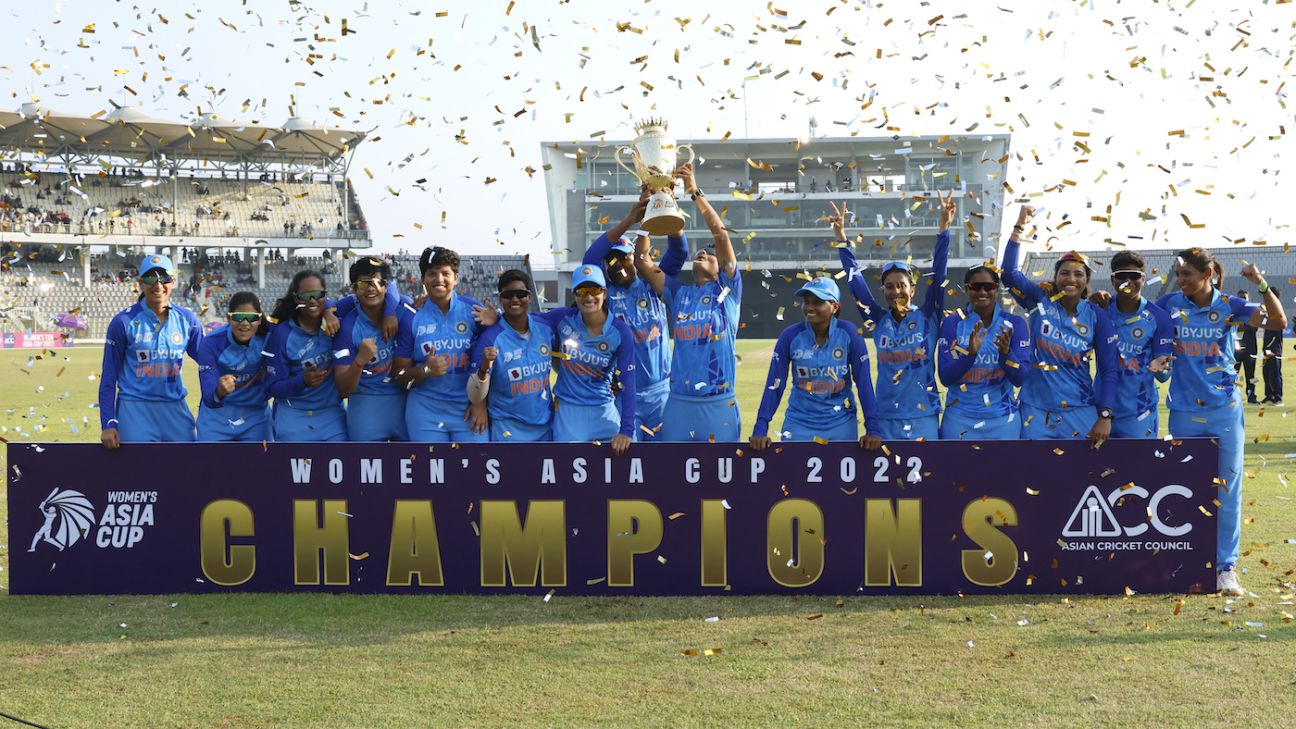Overall, FICA noted a “clear increase in competitive structures and professional employment opportunities”, but continues to see a clear gap between the haves and have-nots of the game. Australia remain the “global leader”, England have the “most established women’s cricket structure”, and India, Bangladesh, Ireland, New Zealand, South Africa and West Indies were praised to varying degrees for their progress.
On the other hand, Pakistan were written up as “struggling to keep pace” with the rest, Scotland’s development was described as “hampered”, Sri Lanka and Zimbabwe were both assessed as having “no professional structures”, and Netherlands were said to have “significant work to do”. These outcomes are reflected in the ICC’s rankings, with the countries found to be lacking featuring lower down the list.
FICA described the ban on women’s sport in Afghanistan as a “significant blow” and described Afghanistan as being “in breach” of the ICC’s Full-Member requirements, which insist on a women’s structure. While not calling for a ban on Afghanistan, FICA “continues to advocate for the ICC to embed its human rights responsibilities as a business in its governance and regulatory frameworks, which would assist it to align with best practice in global sport”.
FICA also called on the ICC to “formally mandate” league windows in the women’s game to avoid the scheduling conflicts seen in the men’s game before it’s too late. Although the overall volume of international women’s fixtures was down from 350 in 2019 to 216 in 2021 (largely because women’s cricket suffered disproportionately from the Covid-19 lockdown), FICA has yet seen significant overlap between leagues and bilateral cricket.
Listening to the players is crucial, particularly in the women’s game, where 41% of players do not think “women cricketers in their country have a clear say on issues within the game”. A total of 44% of players felt they had experienced discrimination and the majority of this group believed it was gender-based. Of those, three-quarters did not believe they had sufficient support afterwards.
FICA has committed to continuing to “highlight systematic barriers to the formation of players’ associations in some countries”, while warning against tokenism and calling for more funding in the women’s game.
